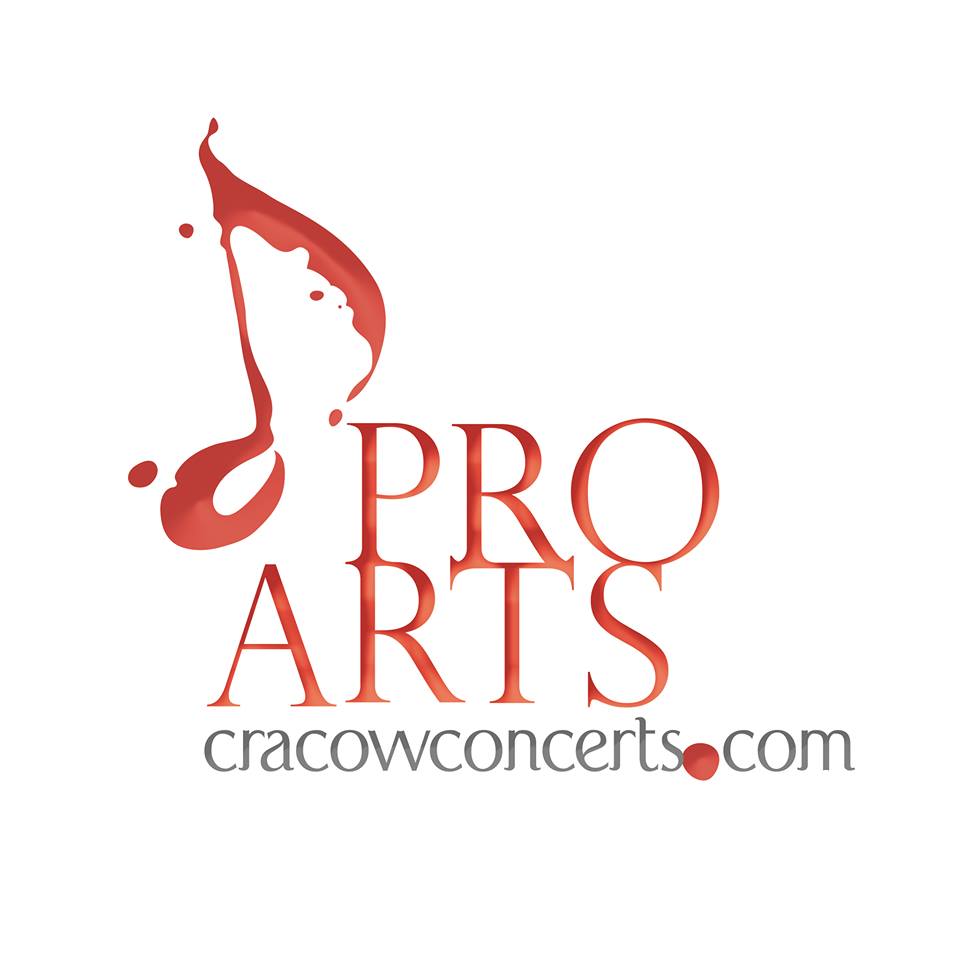Polish music history 15/11/2018
Music has its history. What’s more, not seldom is its development and particular genres are influenced by the course of events, culture, tradition as well as customs popular in a particular period. Although it’s people who affect its shapes and current trends, music impacts them at the same time, accompanying them in different stages of life. It often expresses what cannot be said. A specific genre of music is folk, classical and Jewish music. Not belonging to a popular music, it attracts a circle of fans who find it the right one for their ears.
Polish folk music
Half century ago, on the radio, the first emission of a folk composition took place. The term ‘folk music’ wandered to Poland from the UK, where this genre evolved. It comes from ethnic music. Interest in folk had significantly increased in Poland in the 70s of XX century. It was linked with the fact that it had been overused to promote communism, existing in Poland at the time.
Many bands would be created on orders of the government. At the same time, however, on the other side there was the folk music linked to village, tradition and …. customs as well as bond to the past. On the turn of 80s and 90s a new folk trend emerged, Strictly connected with the fall of communism. The regained independence had its reflection in folk music. It started to open to Polish music traditions. With the time folk transformed into a variety of styles, like pop-folk, folk- rock, jazz folk, linking folk elements with other music genres.
History of classical music in Poland.
Classical music had developed long before, as already between romanticism and baroque. In 1766, The King Stanisław August opened the first, Polish opera stage in Poland, which as a consequence helped to promote this type of music. The Polish classical music was, however, nurtured by romantic tradition. Its precursor was Fryderyk Chopin, who combine a great number of his works with Polish folk tradition. This trend had been carried on by Stanisław Moniuszko, the author of national operas and anthems. Modern classical music emerged in the second half of XX century and it’s been present till these days. Along with advancement of technology, musicians and composers are able to use instruments more widely, which impacts the way classical music is made. Songs are more innovative. Multimedia forms or electronic operas are being created. Concerts are not only strictly musical performances, but also a sort of a show.
Klezmer music and Polish traditions
Jewish music, called otherwise klezmer, was shaped by religious culture, which will not surprise anyone. After the banishment of Jews from Jerusalem around 70 AD, new forms of this music began to develop, influenced by the musical culture of the countries to which the Jews came. Over the years, they also reached Poland. In the Republic of Poland, there were numerous cantors who were composers or authors of liturgical music. Jewish, historical, love, family, children, crafts, soldiers, lullabies and songs from the Second World War period are very diverse. Songs created in ghettos are particularly specific. Jewish music was usually created by anonymous writers. It was also performed by klezmer bands, and also present in Poland until the Second World War. Over time, successive generations of musicians contributed to the creation of several dozen varieties of this genre of music, performed in Yiddish language.




